Project title: The Almond Project (www.thealmondproject.com)
Type of project: –
SDG(s) relevant to the project: 2, 6, 13, 15
Topic(s): supply chain transparency and traceability, nature-positive approaches and regenerative agriculture, water management
Product(s): almonds
Project end date and duration: ongoing project, research end date September 9, 2026 (5 years)
Abstract: The Almond Project is a multi-year, farmer-led partnership created to identify more sustainable farming methods and pave the way towards a more resilient future for almonds. This coalition is highly unusual in the industry because it has gathered stakeholders across the supply system working together pre-competitively to evolve the industry as a whole. We are a coalition of farmers, scientists, brands, technical service providers, processors, and retailers with a non-profit convener. The coalition is convened by White Buffalo Land Trust and was founded by Treehouse California Almonds and Pacific Ag Management, a processor and farming management company owned by the Gardiner family.
The Almond Project was born out of a need to evolve the way orchards are farmed to prioritize soil health, water use efficiency, preserve natural resources, enable ecosystem regeneration, protect farming communities, and ensure the livelihood of nutritionally-rich almonds for generations to come. With stakeholders across the supply system working together pre-competitively, we can figure out how the business of purchasing and selling almonds to customers can enable and support the sustainability shifts that are necessary on-farm for the long-term viability of growing almonds.
The project began in 2021 as a 5-year soil health study in both organic and conventional almond orchards in Kern County, California. In the study, 80 acres of conventionally managed almond orchards and 75 acres of organically managed almond orchards are testing the impact of soil health practices, including compost, cover crops, sheep integration and reduced synthetic nitrogen applications. We’re measuring key outcomes of these practices across soil and ecosystem health, such as water holding capacity and infiltration, carbon sequestration, and ecosystem biodiversity in comparison to neighbouring baselines.
In 2024, our coalition membership and scopes of work are growing. Here is the project work that we are beginning to take on:
Economic Modeling / Business Models: The aim of this work is to understand how it can be economically viable to sell almonds into the marketplace at a price point that companies and customers can afford, that at the same time incentivizes land stewards of almond growing acres to tend to soils, biodiversity, and water and carbon cycles at their highest forms of health. Essentially, we will aim to figure out how our business models can support the transition of on-farm practices to meet these greater ecological goals that we hold in common. We will explore premiums, subsidies, long term contracts, and aim to find new ideas beyond these traditional models.
Trialing Certifications Beyond EOV: We are researching all the possible verification and certification programs that can certify “regenerative almonds” or “climate beneficial almonds”. Then we will trial a few to identify which programs will best serve all stakeholders in the supply system from farm, to processor, to brand, to retailer, and to customers.
Farm Practices Innovation Advisory Board: We are forming a diverse group of almond farmers globally and technical assistance specialists for an advisory board that meets regularly. We will work together to creatively envision how almond growing can evolve with goals of biodiversity, efficient water use, carbon sequestration, chemical reduction, and soil health. We will produce a final report to explore what additional practices can be trialed in the future beyond cover crops, compost application, sheep grazing, and input reduction.
Nutrient Density Testing: We are working with a lab at UC Davis to compare the nutrient density of the almonds in the soil health blocks to the almonds in the traditionally farmed blocks. Samples will be taken from the 2023 harvest and 2026 harvest.
Impact and Outcomes: The impact of The Almond Project has already been significant in the almond industry. The project has set a new standard for how marketplace competitors come together and work towards evolving the industry as a whole. The farm research is delivering key learnings about soil health practices and their effect on water infiltration and carbon sequestration. Since The Almond Project started, our work has inspired additional industry efforts investing in soil health, with every major processor learning from our work and creating their own version of a soil health commitment or program.
The Almond Project is serving as an innovation force for the industry. The new scopes of work that we are just beginning with nutrient density testing, evolving the business model, understanding certifications, and the farm practices advisory board are sure to continue to lead sustainability efforts in the almond industry. While our scientific study has a specific start and end date (2021-2026), we will continue evolving our additional work as needed.




